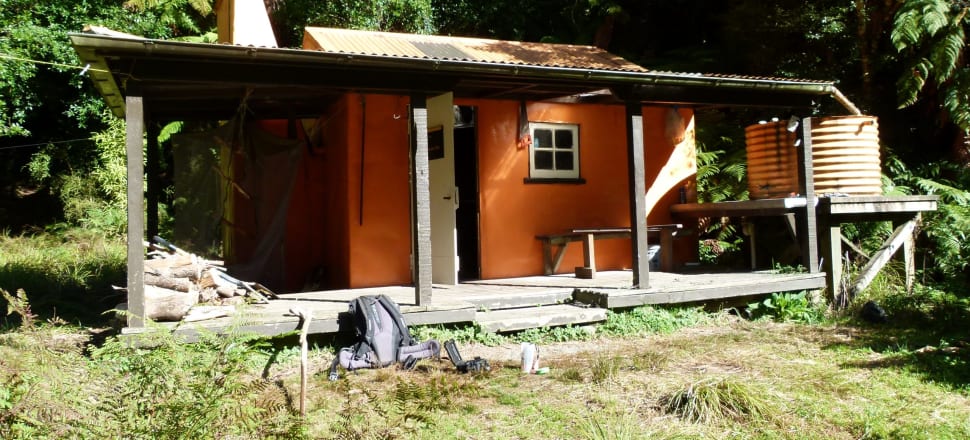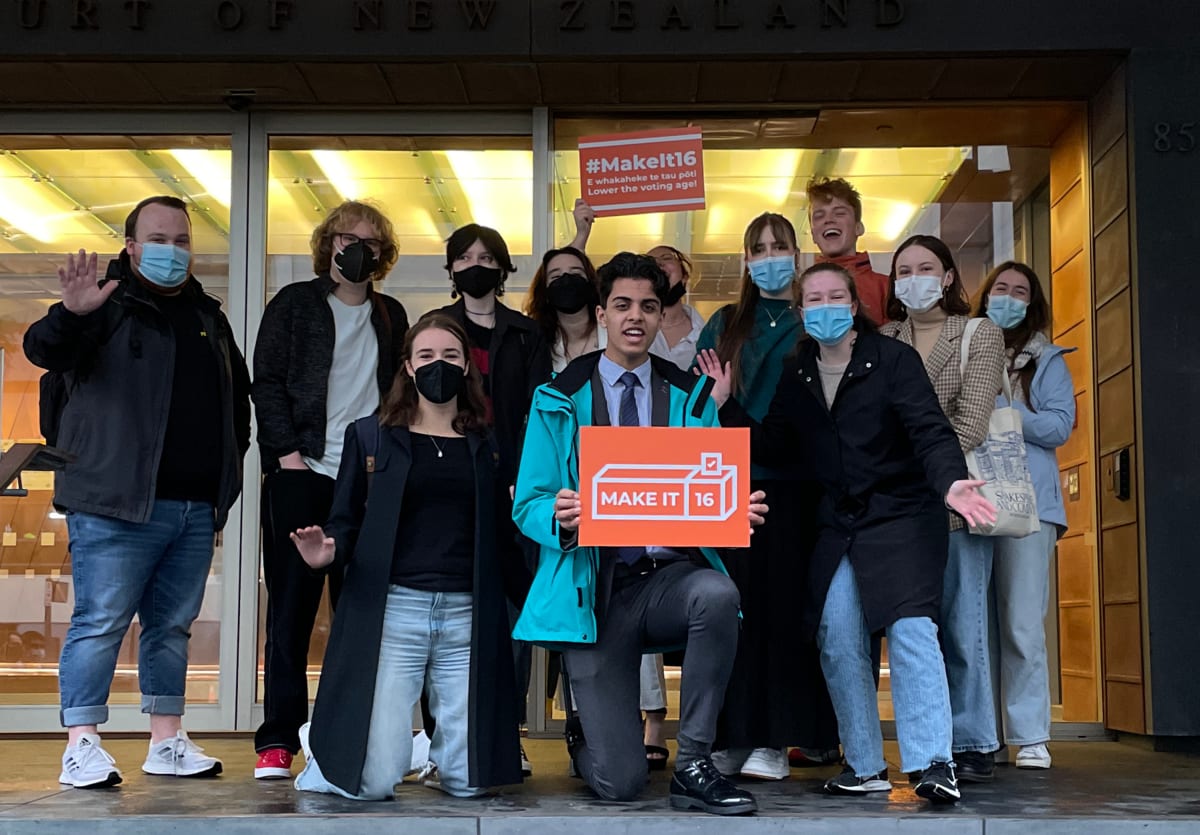
Every weekday, The Detail makes sense of the big news stories.
This week, we looked at the legacy of COP 27, the risks facing New Zealand's treasure trove of fossils, the dispute over historic huts in Te Urewera, why dental care costs so much, and how governments go about setting ages for things like voting.
Whakarongo mai to any episodes you might have missed.
COP27 and the fraught reality of climate change negotiations
This year's UN climate summit was always going to be fraught.
The location, for starters, was Egypt: a country where the sort of political protest commonplace among climate activists isn't exactly looked on favourably. More than 45,000 delegates turned up to a country housing at least as many political prisoners.

Then there was the geopolitical backdrop: as well as the invasion of Ukraine, many of the 193 countries at the conference have been ravaged by the economic and social costs of Covid-19, and are engaging in what, in the eyes of much of the public, appears a long-winded exercise in tortured bureaucratese.
Emile Donovan speaks to Newsroom's Rod Oram, who was on the ground at COP 27.
NZ's prehistoric past at risk of crumbling away
When palaeontologist Dr Nic Rawlence pulled a giant ice-age moa skeleton out of a South Island swamp, he knew the marks on its pelvis bone would tell the story of how it died.

They were rip marks from the talons of a Haast's eagle, which became extinct around 1400.
But he warns Aotearoa is losing fossils faster than they can be found and preserved, as sites are eroded "in front of our eyes".
Part of the problem, he says, is New Zealand's small and ageing community of professional palaeontologists and amateur 'rockhounds', who go fossil hunting to build their own collections, or sell to museums or private collectors.
Sharon Brettkelly talks to Rawlence about the past, present and future of New Zealand fossils.
The stoush in Te Urewera that's about more than just huts
Deep in Te Urewera sit 19 huts tagged for demolition. They are to be replaced with buildings designed to represent a new era in the ancient forest, a decision made by Tūhoe leadership.
Twenty-nine others have already been dismantled and burnt, but a court injunction from Tūhoe iwi members has stopped the rest of the work.
Sharon Brettkelly speaks to The Hui reporter John Boynton and RNZ's Māori news director Jamie Tahana about the tensions in Tūhoe.
"The huts have been a way for whānau to connect with Te Urewera. They might be DOC buildings, but I think the community and Tūhoe have given them life. It's been their way to hunt and have that relationship with the ngahere," says Boynton.
The inconvenient tooth about a trip to the dentist
Once you turn 18, you're on your own when it comes to looking after your teeth.
Unlike other parts of the health system, the Government doesn't subsidise dental care for adults, meaning a trip to the dentist can put a serious dent in people's pockets.

Earlier this month, the Association of Salaried Medical Specialists released a report that found 40 percent of New Zealanders can't afford dental care.
Emile Donovan speaks to ASMS chief executive Sarah Dalton, Dental Association president Erin Collins, and University of Otago professor of dental public health Jonathan Broadbent about how dental care became such an expensive part of life.
How old is old enough?
The legal age to buy alcohol has flipped and flopped since 1881 - first 16, then up to 21, then back down to 20 - until we wound up with where we are now, with 18 years of age.
All this to say, age limits on rights and privileges are dynamic. They change over time.

With the Supreme Court's ruling that New Zealand's age limit on voting is unjustified discrimination hot off the presses, Emile Donovan speaks to legal expert John Ip and politics professor Richard Shaw about how governments set ages for different civic milestones.
Find out how to listen and subscribe to The Detail here.
You can also stay up-to-date by liking us on Facebook or following us on Twitter.








